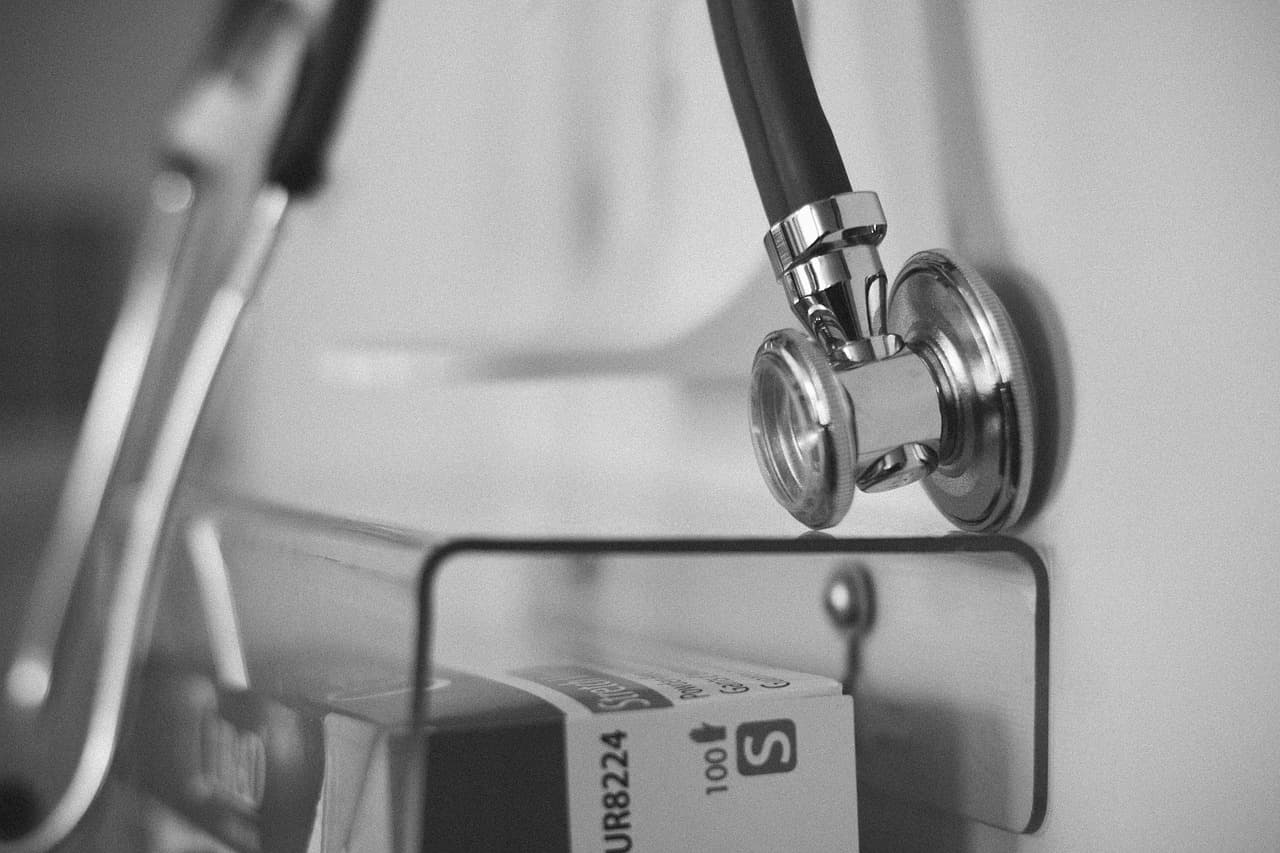In today’s fast-changing world, technology is driving significant improvements in healthcare. Artificial Intelligence (AI) and predictive analytics are two of the most exciting advancements that are shaping the future of patient care. These technologies are helping doctors, hospitals, and healthcare systems make more informed decisions, provide personalized treatments, and predict potential health issues before they become serious. In this article, we’ll explore how AI and predictive analytics are revolutionizing healthcare and improving outcomes for patients worldwide.
The Role of AI in Healthcare
Artificial intelligence in healthcare refers to the use of machines and computer algorithms that can mimic human thinking and decision-making. AI tools are increasingly being used to help doctors analyze complex medical data, diagnose diseases, and even assist in surgeries. For example, AI-powered diagnostic tools can scan medical images (like X-rays or MRIs) to detect abnormalities more quickly and accurately than human eyes alone.
One area where AI is particularly impactful is radiology. AI systems can analyze thousands of images in a fraction of the time it would take a human doctor, providing faster and often more accurate diagnoses. This speed and accuracy mean that patients can receive the right treatment earlier, which can lead to better outcomes. If you want to learn more about how AI is enhancing medical imaging, check out this detailed resource on AI in radiology.
Predictive Analytics: Looking Ahead in Healthcare
Predictive analytics, on the other hand, is all about using data to predict future events. In healthcare, it involves analyzing vast amounts of patient data (such as medical records, lifestyle information, and genetics) to predict potential health risks. This can be used to identify patients who are at high risk of developing chronic conditions like diabetes, heart disease, or even cancer.
For instance, hospitals are using predictive analytics to reduce readmission rates. By analyzing patient data, they can identify which patients are most likely to need to return to the hospital and provide preventive measures. This not only improves patient care but also reduces costs for healthcare providers. For an in-depth look at how predictive analytics is reducing readmissions, visit this article on healthcare analytics.
AI and Predictive Analytics in Personalized Medicine
One of the most exciting applications of AI and predictive analytics is in the field of personalized medicine. Personalized medicine tailors treatment plans to each patient based on their unique genetic makeup, lifestyle, and health history. AI algorithms can analyze a person’s genetic data to recommend the best treatment options. This means that patients get more effective care, with fewer side effects.
For example, cancer treatment has become more targeted and effective thanks to AI. By analyzing a patient’s genetic profile, AI can help doctors choose therapies that are more likely to work, rather than relying on a one-size-fits-all approach. Personalized medicine is a game-changer, making treatments more efficient and improving patient outcomes.
The Benefits for Patients and Healthcare Providers
AI and predictive analytics offer numerous benefits to both patients and healthcare providers. Patients receive more personalized care, faster diagnoses, and better treatments, which can lead to quicker recoveries and improved quality of life. Healthcare providers benefit from increased efficiency, reduced costs, and the ability to focus more on patient care rather than administrative tasks.
However, there are still challenges to overcome, such as ensuring data privacy and addressing potential biases in AI algorithms. As these technologies continue to advance, it will be essential to balance innovation with ethical considerations.
AI and predictive analytics are transforming healthcare by providing more personalized, efficient, and predictive care. From early diagnosis to tailored treatments, these technologies are making healthcare more proactive, helping to prevent diseases before they occur. As AI continues to evolve, its impact on the healthcare industry will only grow, offering a brighter, healthier future for all.
For more insights into the future of AI in healthcare, you can visit this comprehensive guide on healthcare AI.
